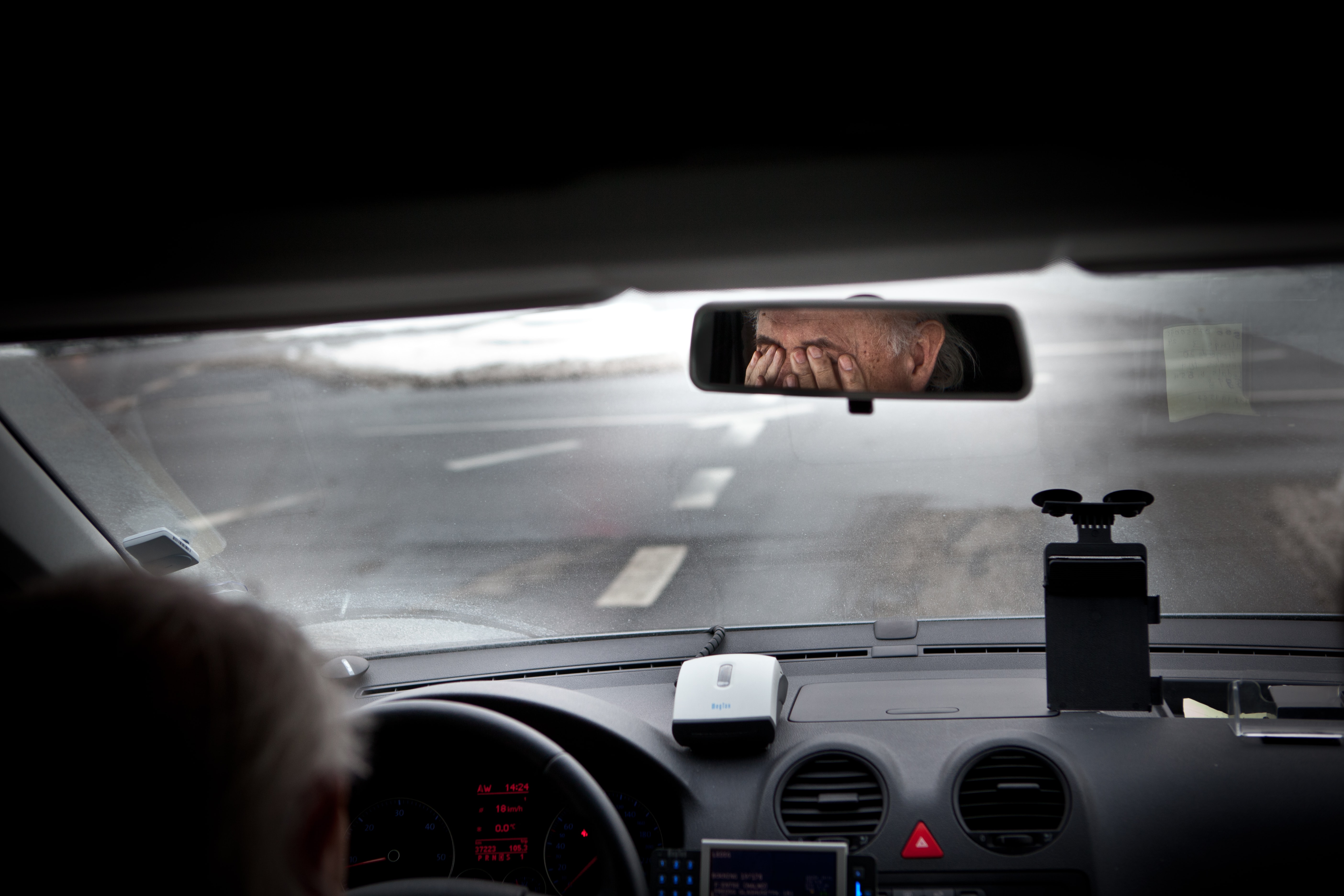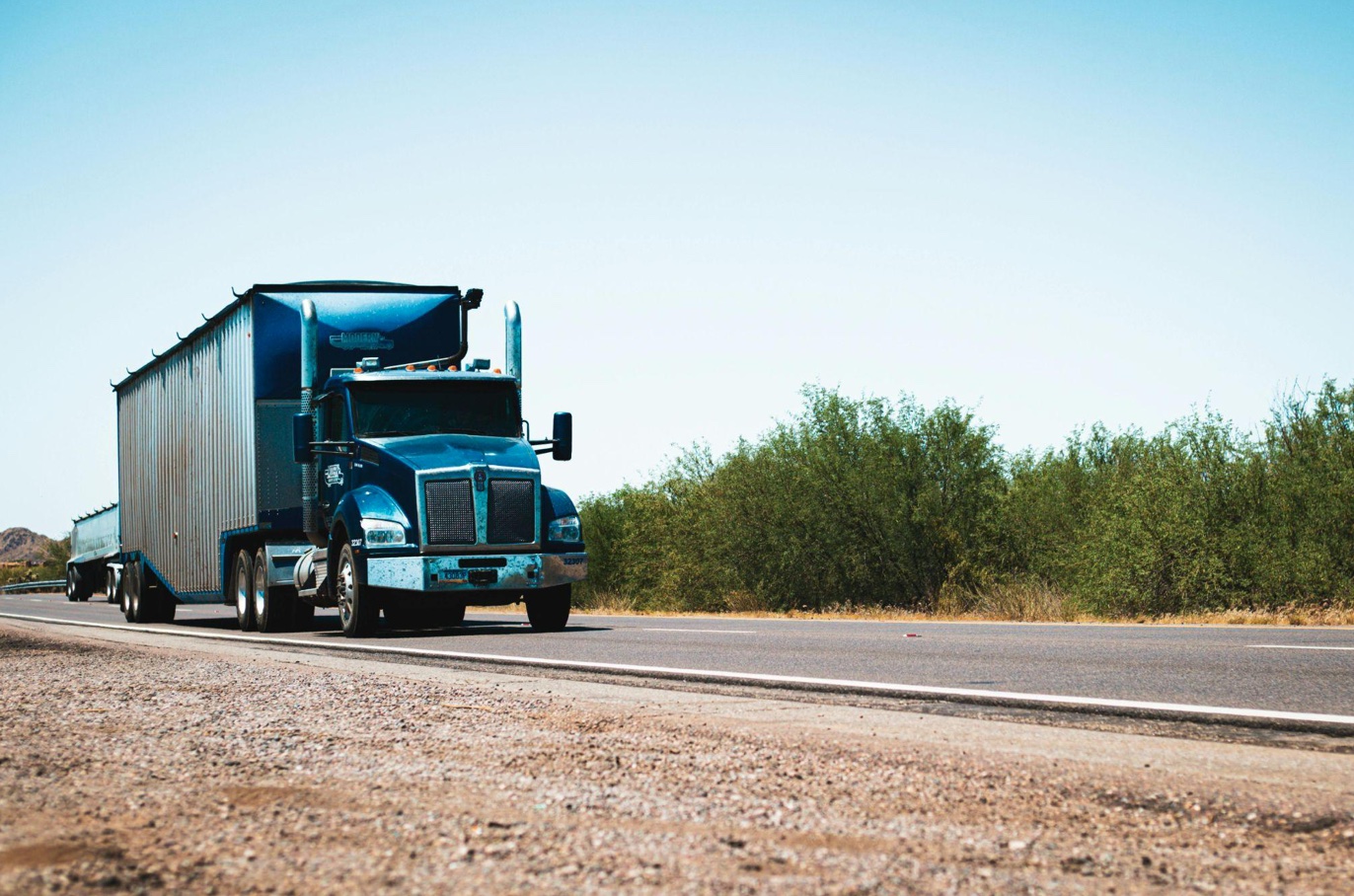When a truck accident happens, multiple parties, including the carrier and the driver, might share responsibility.
One distinguishing feature of commercial truck accidents compared to those involving solely passenger automobiles is that the truck driver typically works for the trucking carrier. The trucking firm, often called a carrier, is legally liable for the acts of its truck drivers and the safety of the trucks it owns because it is the truckers’ employer.
When a truck accident happens, multiple parties, including the carrier and the driver, might share responsibility.
Proof to Establish Culpability Right Following a Truck Accident
To establish what transpired and identify those potentially liable when a commercial truck accident, it is necessary to examine a wide range of facts. This involves gathering evidence at the site of the accident, reviewing police records, and analyzing the truck and other cars involved in the collision, including retrieving data from the “black box” event data recorder of the damaged truck. Forensic study and interpretation of accidents may necessitate the involvement of accident reconstruction professionals.
Aside from the truck driver’s activity logs—which are required by law to detail both driving and resting time—and other records kept by the trucking company, it is also necessary to gather testimony from witnesses and specific employees of the trucking company. Turning over paperwork and releasing the wrecked truck for investigation from a carrier often requires a court order.
Parties Responsible for Truck Accidents
If you want to know what happened and why a truck accident occurred, you need to conduct an investigation. After looking at all the facts, one can see that someone should be punished for the accident. The following may be present either singly or in a variety of combinations:
Truck Driver
It is possible that a truck driver’s carelessness—for example, due to speeding, exhaustion, or distraction—was the cause of an accident. A conviction may follow the filing of criminal charges. Inspecting the rig for correct maintenance or cargo loading is another responsibility of a truck driver. The truck driver could face some liability if the accident were caused by a malfunction in maintenance or a change in cargo.
Carrier
Any trucking firm worth its salt will take responsibility for the vehicles and drivers it employs. Included in this is responsibility for the company’s training and hiring policies, which could become an issue if the company employs drivers with a history of violations of driving or FMCSA rules or if records do not show that drivers have received adequate training. Records or interviews with carriers’ workers may reveal that management encourages drivers to skip out on FMCSA inspections and maintenance or hours of service (HOS) limits in order to save money.

Cargo Shipper
When it comes to shipping cargo, certain carriers are more like independent contractors. They may be handling sealed material the entire time while transporting it. The originator of the goods, the shipper, the loader, and the transporter are all separate entities that must comply with federal and state standards and may face legal consequences for any negligence. In the event that a truck accident is caused by a cargo shift or any other issues with the cargo, it is necessary to investigate and subpoena data from all parties involved, including the carrier.
Vendors
Depending on the size of their operations, many vendors may take on outsourced work for a carrier. Maintenance, repair, dispatching, and other administrative tasks related to fleet operations, including driver recruitment, background checks, and drug and alcohol testing, are all part of the job description. Several businesses collaborate with brokers to fill their vehicles with freight. If a third-party vendor’s carelessness causes a truck accident, they could face liability.
Government Agencies and Contractors
Authorities at the state or municipal level may face consequences if a truck accident—like a rollover—is caused by a road hazard like a soft shoulder or damaged pavement. It is also possible to hold a government-hired maintenance contractor accountable if their work causes an issue or if a work zone they set up contributes to an accident.
Can More Than One Party Cause it?
Imagine if a truck accident investigation reveals that multiple parties could be held responsible. If that’s the case, filing numerous claims can help victims get the most money possible for their losses.
With the help of its lawyers and insurance, a carrier will move swiftly to resolve any claims that may arise after a major accident, and the settlements they offer may appear substantial at first. Suppose you accept a settlement before a skilled and impartial team investigates your truck accident. In that case, you run the risk of receiving less than you deserve and unknowingly giving up your right to seek more compensation.
The Orlando truck accident lawyers at Dellecker, Wilson, King, McKenna, Ruffier & Sos are well-versed in conducting thorough investigations into truck accidents and constructing strong cases against at-fault parties, including but not limited to trucking firms, vendors, manufacturers, and distributors. For clients who have been in truck accidents, we fight hard to get them as much money as possible from any sources that will pay.
Contact Us
You should consult a truck accident attorney familiar with Orlando cases before agreeing to a settlement for damages after a truck accident. Dellecker, Wilson, King, McKenna, Ruffier & Sos team has decades of expertise in helping victims of commercial vehicle accidents get the compensation they deserve.
When it comes to examining truck accidents and bringing strong claims against all parties at fault, the legal team at Dellecker, Wilson, King, McKenna, Ruffier & Sos has what it takes. Get in touch with us before you sign any documents presented to you by the lawyers representing the transportation company or the insurance company. Get a free case evaluation by calling 407-244-3000 or filling out our online form right now.


Join the conversation!